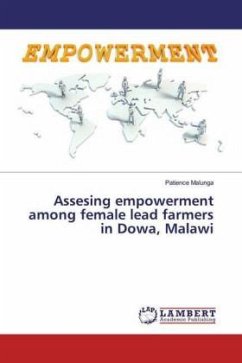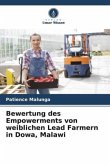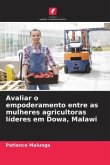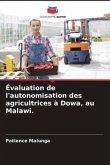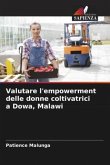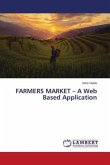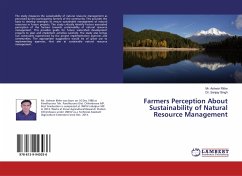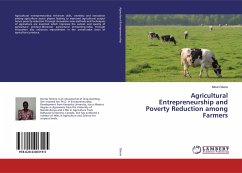Women empowerment in agriculture is of great significance to the development discourse. Gender is an important aspect in agricultural research and in rural development. Thus, this research edifies to knowledge as it examines if and how the lead farmer extension model has socially and economically empowered female lead farmers. This mixed approach research targets female lead farmers from Dowa, Chibvala Extension Planning Area (EPA) in Malawi. Out of one hundred female lead farmers in Chibvala EPA fifty-five were randomly selected using stratified random sampling for quantitative data. Twenty-two were purposively selected for qualitative data. Five key informant interviews were conducted with three extension officers, the headman of Chibvala and community development chairperson. Chibvala EPA was purposively selected for the study because Development Fund of Norway (DF) is funding the Sustainable Agriculture Lead Farmer Project (SALFP) implemented by Trustees of Agriculture Promotion Programme (TAPP) under the project Capacity Building for Managing Climate Change (CABMACC). The study uses Women Empowerment in Agriculture Index (WEAI) as its analytical framework.

